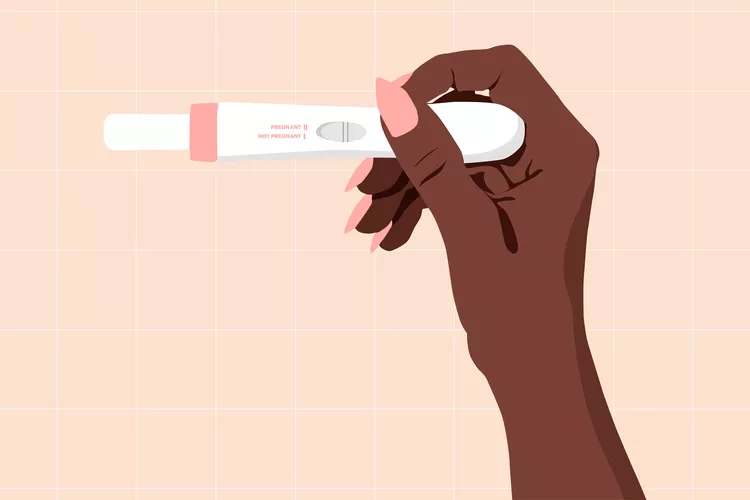The Best Way to Conceive: A Comprehensive Guide to Predicting Ovulation and Maximizing Fertility
If you’re eager to conceive, leaving it to chance may not be the most effective strategy. Learn the best way to get pregnant, starting with predicting ovulation and implementing essential do’s and don’ts to maximize fertility.
For some couples, the journey to parenthood seems effortless, while for others, it requires time and strategic planning. If you’re seeking guidance on the best way to conceive, here’s a comprehensive overview.
Predicting Ovulation for Optimal Conception
Understanding your ovulation cycle and engaging in regular intercourse five days before and on the day of ovulation significantly enhances the chances of conceiving.
Ovulation, the process of releasing a mature egg from the ovary, is crucial for conception. To maximize fertility, aim to have live sperm present in the fallopian tubes during ovulation. Ovulation generally occurs around 14 days before the next menstrual period in a 28-day cycle, but individual cycle lengths may vary. Tracking your menstrual cycle through a calendar is a practical approach.

Additionally, look for signs and symptoms of ovulation, such as:
1. Change in Vaginal Secretions (Cervical Mucus):Notice an increase in clear, wet, and stretchy vaginal secretions just before ovulation.
2. Change in Basal Body Temperature: Measure your basal body temperature with a specialized thermometer every morning before getting out of bed. The most fertile period is 2 to 3 days before the temperature rises.
Consider using over-the-counter ovulation kits for added precision, as they detect hormonal surges occurring 36 hours before ovulation.
Maximizing Fertility: What to Do
Follow these tips to enhance your chances of getting pregnant:
1: Have Sex Regularly:
Couples who engage in sex every day or every other day experience the highest pregnancy rates.
2: Time Sex Around Ovulation:
If daily intercourse is challenging, aim for sex every 2 to 3 days a week, starting shortly after your period ends.
3: Maintain a Normal Weight:
Both overweight and underweight women face an increased risk of ovulation disorders.
Consult with your healthcare provider for preconception planning, including assessing overall health and starting folic acid intake to reduce the risk of neural tube defects.
Maximizing Fertility: What to Avoid
Increase your odds of conceiving by avoiding the following:
1. Don’t Smoke: Smoking adversely affects fertility and overall health. Seek assistance from your healthcare provider to quit before attempting to conceive.
2. Avoid Alcohol: Heavy alcohol use may reduce fertility, so it’s advisable to abstain while trying to conceive.
3. Limit Caffeine: Research suggests that consuming less than 200 milligrams of caffeine a day has minimal impact on fertility.
4. Moderate Exercise: Avoid excessive strenuous exercise, as more than five hours a week has been linked to decreased ovulation.
Discuss any medications you’re taking with your healthcare provider, as some may hinder conception.
When to Seek Medical Advice
For most healthy couples engaging in frequent unprotected sex, conception occurs within a year. If you’re 35 or older, or if you’ve been trying to conceive for six months or more with known or suspected fertility issues, consult with a healthcare provider. Infertility affects both genders, and appropriate treatment options are available, ranging from gynecologists to urologists and fertility specialists.
In summary, understanding your ovulation cycle, adopting healthy habits, and avoiding potential obstacles are crucial steps in the best way to conceive.
